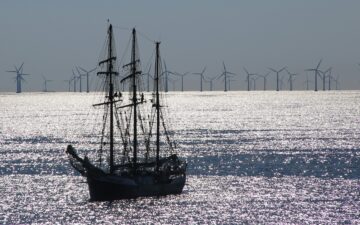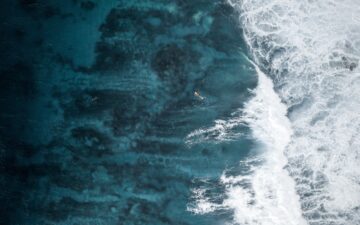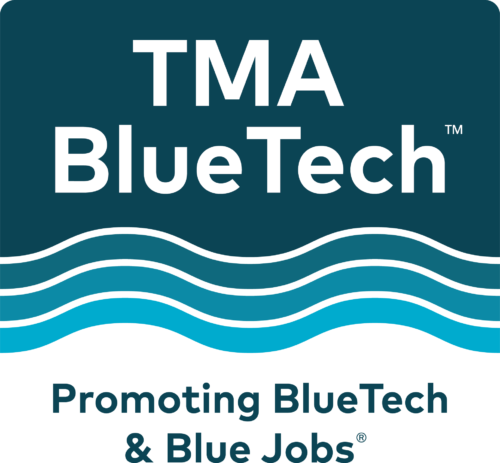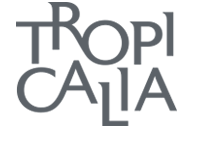Sustainable Blue Economy
Defining the Blue Economy
Blue Economy Research Page
Leading the Way to Sustainable Ocean Tourism
Tourism Action Coalition for a Sustainable Ocean
What is a Sustainable Blue Economy?
Many are actively pursuing a blue economy, “opening up the ocean for business” – which includes many extractive uses. At The Ocean Foundation, we hope that industry, governments, and civil society will reframe future growth plans to emphasize and invest in a subset of the entire ocean economy that has regenerative abilities.
We see value in an economy that has restorative activities. One that can lead to enhanced human health and well-being, including food security and the creation of sustainable livelihoods.
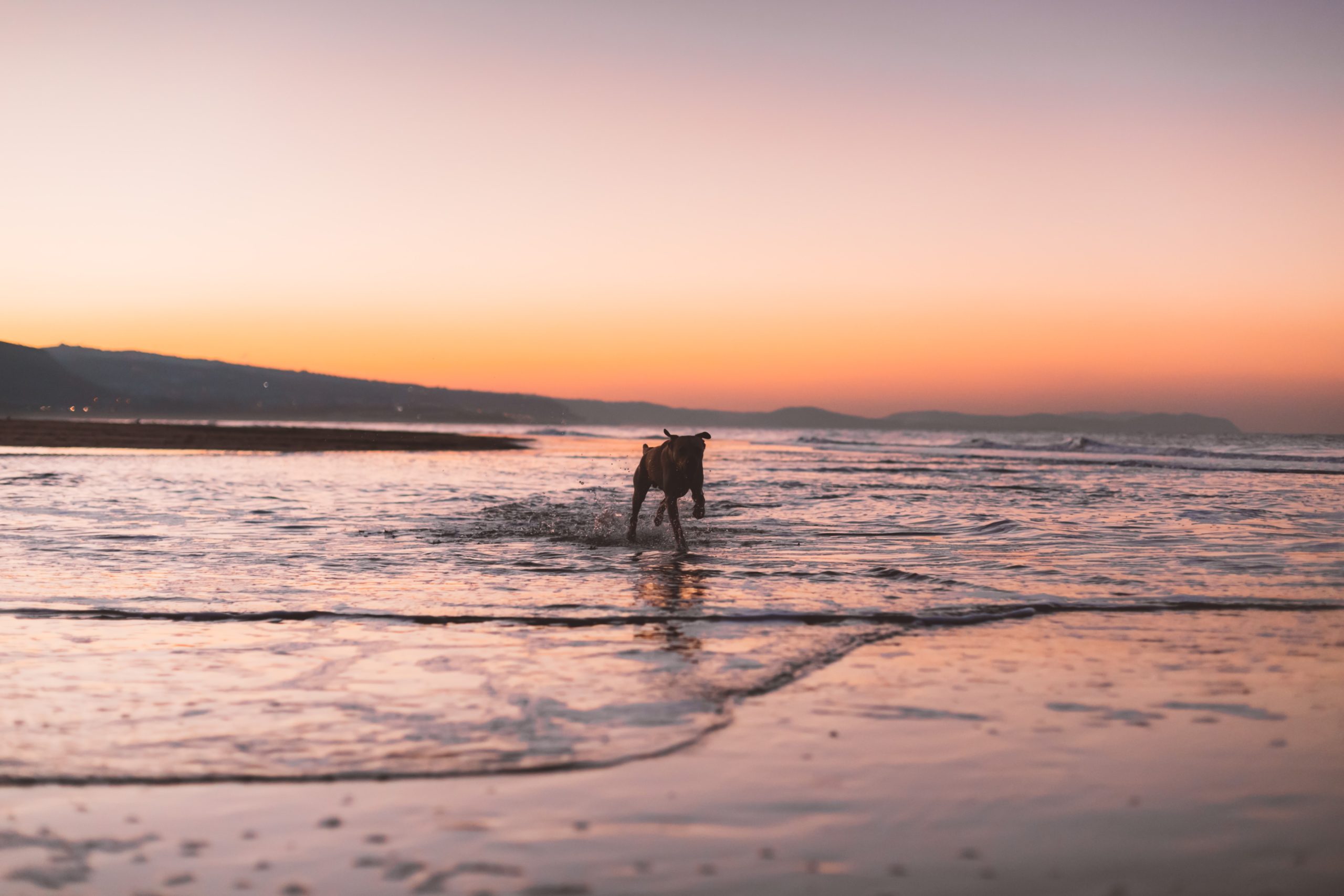
But how do we start?
To enable a sustainable blue economy approach, and argue in favor of coastal and ocean restoration for health and abundance, we must clearly link the value of healthy ecosystems to generate food security, storm resilience, tourism recreation, and more. We need to:

Reach a consensus on how to quantify non-market values
This includes elements like: food production, water quality enhancement, coastal resilience, cultural and aesthetic values, and spiritual identities, among others.
Consider new emerging values
Such as those related to biotechnology or nutraceuticals.
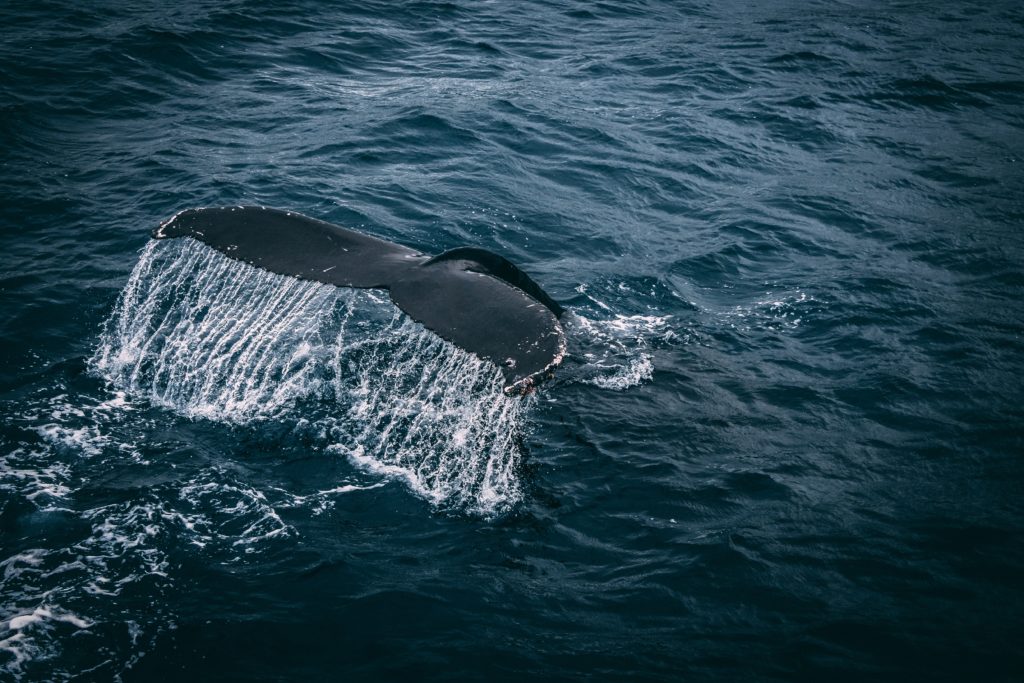
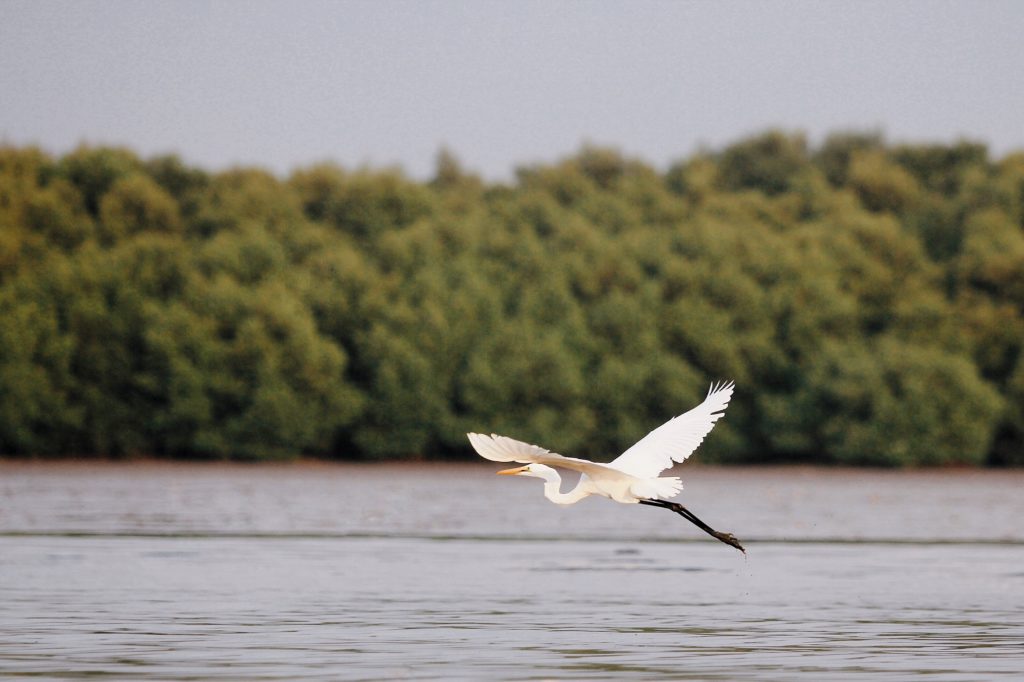
Ask if the regulating values protect ecosystems
Such as seagrass meadows, mangroves, or salt marsh estuaries that are critical carbon sinks.
We must also capture economic losses from unsustainable use (and abuse) of coastal and ocean ecosystems. We need to examine cumulative negative human activities, such as land-based sources of marine pollution – including plastic loading – and especially human disruption of the climate. These and other risks are a threat to not only the marine environment themselves, but also to any future coastal and ocean generated value.
How do we pay for it?
With a firm understanding of the ecosystem services generated or the values at risk, we can begin to design the blue finance mechanisms to pay for conservation and restoration of coastal and ocean ecosystems. This can include philanthropy and multilateral donor support via design and preparation funds; technical assistance funds; guarantees and risk insurance; and concessional finance.
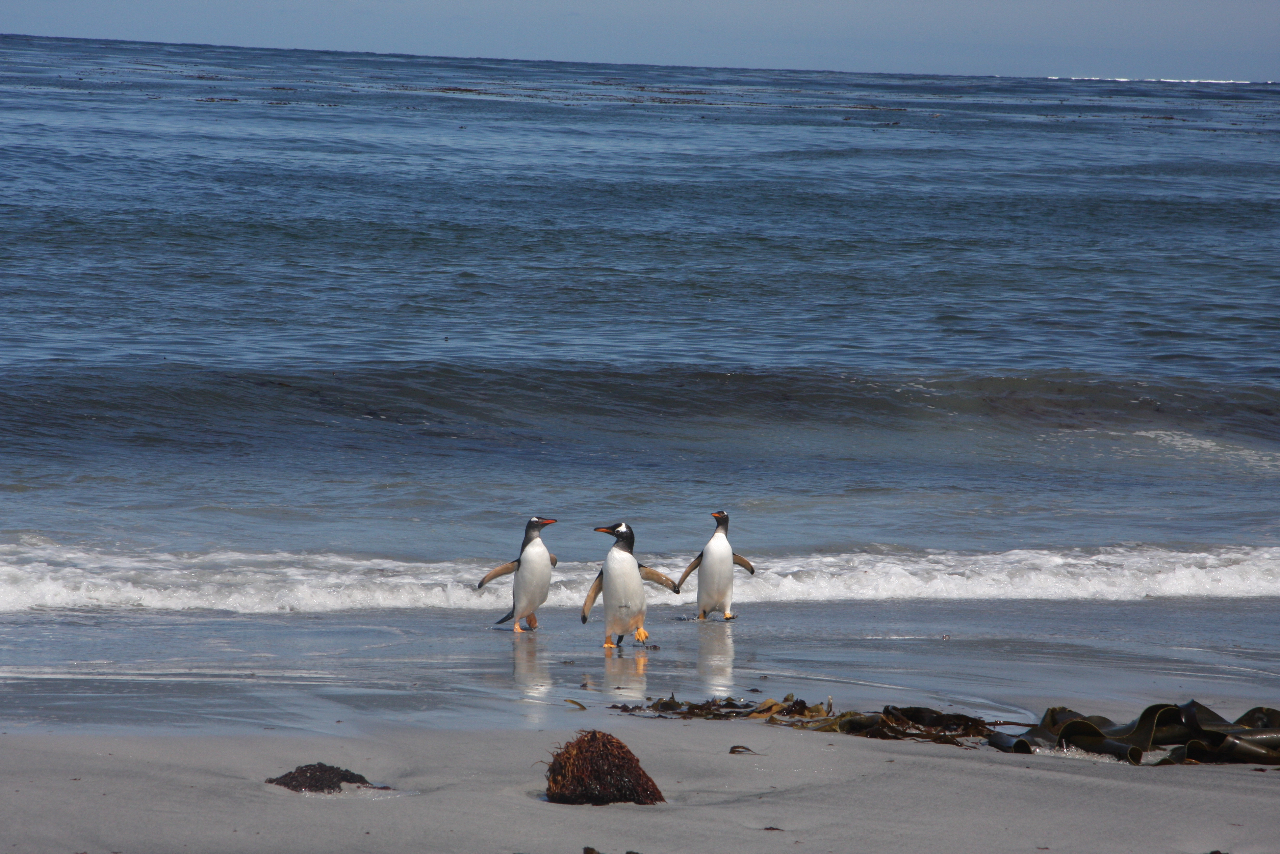
What belongs in a Sustainable Blue Economy?
To develop a Sustainable Blue Economy, we recommend driving investment across five themes:
Our Work:
Thought Leadership
Fee-For-Service Consultancies
Sustainable Travel and Tourism Consultancies:
More Resources
Investing in Ocean Health | Tourism Action Coalition for a Sustainable Ocean (TACSO) | Blue Economy Research Page
Related Sustainable Development Goals
No Poverty | Clean Water and Sanitation | Affordable and Clean Energy | Decent Work and Economic Growth | Industry, Innovation and Infrastructure | Responsible Consumption and Production | Climate Action | Life Below Water
